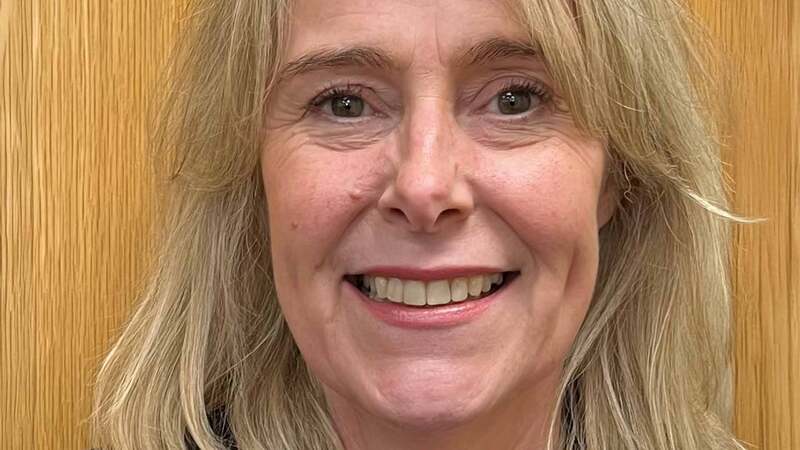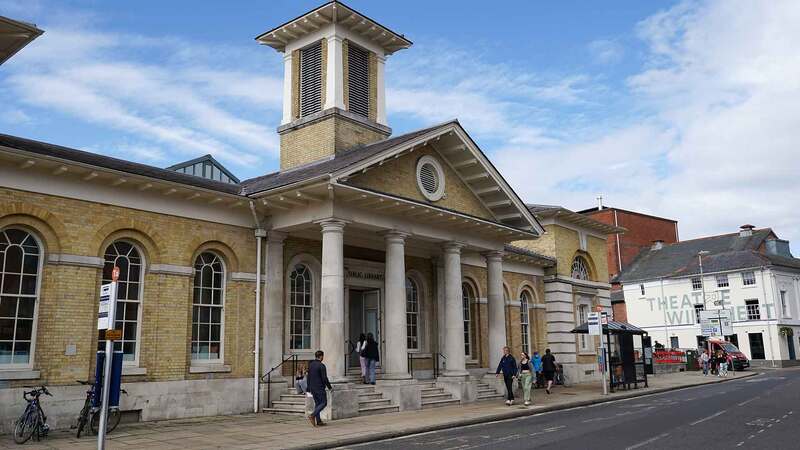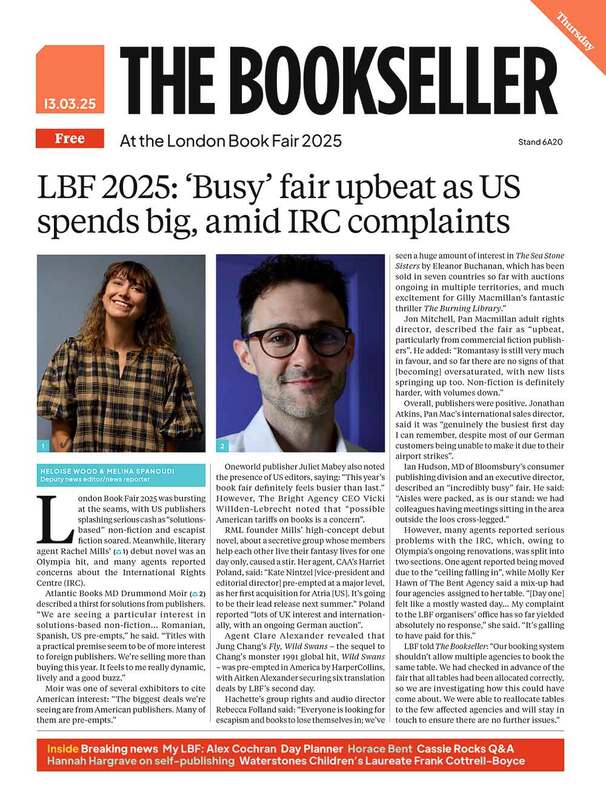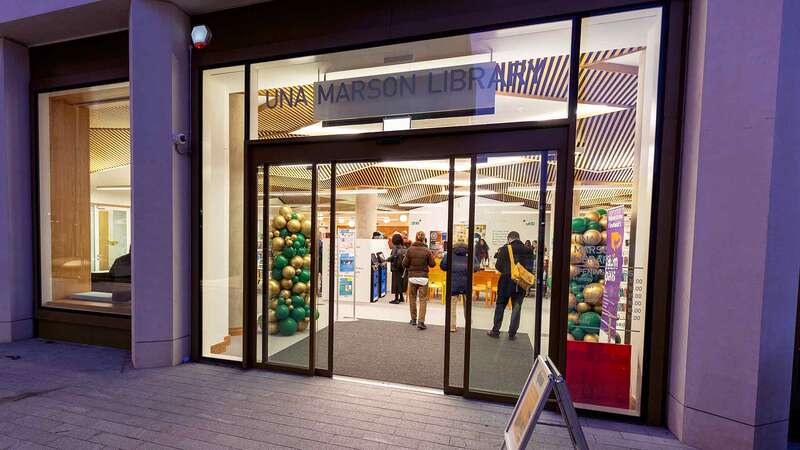You are viewing your 1 free article this month. Login to read more articles.
Library groups call for inquiry after Carillion collapse
Libraries body CILIP has called for a public inquiry to investigate whether the government knowingly issued contracts for the delivery of public services to a failing company following the collapse of Carillion.
The government services provider has gone into liquidation after losing money on big contracts and running up huge debts of around £1.5bn, putting thousands of jobs at risk across multiple sectors.
Carillion has run several public library services since 2013, including Hounslow, Ealing, Croydon and Harrow. Hounslow terminated its contract with Carillion last August and on Tuesday (15th January), Croydon Council stepped in to "secure the long-term future" of all its libraries and "guarantee the jobs of library staff" by taking the running of its library service back in house.
However, the councils of Ealing and Harrow have told The Bookseller they have not as yet terminated their contracts with Carillion.
A spokesperson for Harrow Council said its libraries will remain open "for the moment" and that it was "business as usual" while the situation with Carillion is reviewed.
"We are going to keep the libraries open and try and maintain a sense of continuity for staff and the community," the spokesperson said. "We're in discussions with both Carillion and PwC [the Official Receiver]... [The contract with Carillion was] good value for money and was working, so we wouldn't want to change the service for change's sake."
One option under consideration for the council is a "lift and shift", which would mean moving the contract to another company as it is. Carillion bought the contract for Harrow's libraries in this way from a contractor called John Laing in 2013. The council is considering moving the contract to another private company, but would not disclose any names. There is a cabinet meeting on Thursday (18th January) to discuss the plans.
Meanwhile, a council spokesperson for Ealing confirmed its libraries would continue as normal, but added that the council was in "urgent discussions" with Carillion.
“Libraries remain open for business and we have comprehensive contingency plans in place to ensure services run normally despite Carillion’s announcement today. We are seeking urgent discussion with Carillion to seek further clarity about the implications for the service", said the spokesperson.
CILIP chief executive Nick Poole believes the Carillion collapse exposes flawed government thinking that private outsourcing provides the best quality services and highest efficiency. He called for a public inquiry into whether local and national government continued to knowingly to issue contracts for the delivery of vital public services to a failing company.
"The current policies of austerity and privatisation are putting statutory services like public libraries at risk," said Poole. "This is why CILIP is actively lobbying for a fair financial settlement for local authorities which enables them to meet the current and future needs of local communities and for standards which ensure that people receive the quality of service they have paid for."
CILIP has been in contact with the Local Government Association (LGA) and is monitoring the situation's impact on library services.
Laura Swaffield, chair of The Library Campaign, thinks there should be a "major rethink" about outsourcing public services to the commerical sector and agreed with the need for a public inquiry.
"It's time for a public inquiry into the full range of outsourcing public services to the commercial sector," she said. "It has always been a high-cost, low-quality option. There are now enough outright scandals - from trains to hospitals - to merit a major re-think."
She added that protecting the staff affected by the fallout must be the "priority".
Ian Anstice, librarian and editor of Public Libraries News, said: "The collapse of Carillion leaves the UK with not a single library being run by a for-profit company. The truth is that there is nothing magical that private companies can bring into the library sector that justifies paying part of their budget (basically, mainly tax) to shareholders. If you're making money from public libraries, well, then you're doing it wrong. Moreover, councils have become quite adept since 2010 at maximising what income possibilities there are (and there's not many) and cutting costs where possible, often even down to the level of removing anyone who is paid, so it's hard to tell what a private company can bring to the table."
He added: "The other question is whether there is any lesson in this for non-profits such as the standalone library and leisure trusts or the nationwide GLL. If there is, it's to be cautious. Don't expand too fast. Don't gamble. Because in the end the government which is now so keen to see you succeed, won't do anything to keep you from going bankrupt if you don't."
Former Waterstones boss and library campaigner Tim Coates added that the crisis should serve as a "wake-up call" to government about outsourcing public services.
"The Carillion crisis is a disaster that has been waiting to happen since the crash of 2008," Coates said. "It should be a wake up call. Let us hear no more ridiculous ‘outsourcing’ ideas and just get on with the idea of running public libraries efficiently for the people who want to use them, open decent hours with plenty of books and knowledgable staff".
The cabinet office has been contacted for comment.






















